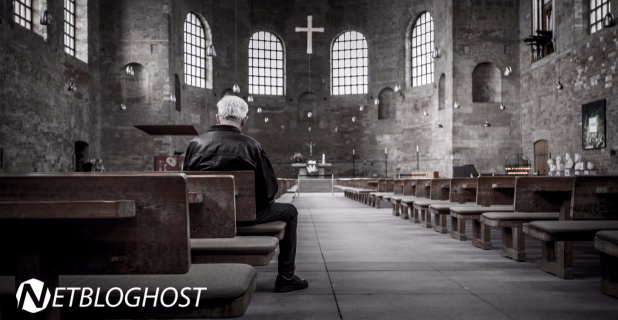Michelle Cottle has a problem with the idea that God “calls” people to run for high political office. Specifically, she is convinced that Texas Governor Rick Perry has been duplicitous in telling folks that he has been seeking divine guidance about whether to run for the Republican nomination, wondering publicly about whether it “is what I’ve been called to do.”
In her Daily Beast piece on the subject, Cottle uses the Perry case to express her general concerns about making reference to a divine call about running for office. When a candidate claims not to be sure on his own whether he wants to run for office, thus expressing the hope that he will get a divine leading, there are only two options, Cottle says: either the person is a liar who is covering up a lust for power, or “the guy is nuts to even consider running,” since he really does not have the “raging fire in the belly” that it takes to run for something like the presidency—which means that no divine ego boost is going to make much of a difference.
I’m not sure what to make of all of this. I actually devote a lot of my time to encouraging people to see themselves as called by God to engage in various areas of service, whether it is producing films, selling cars, or farming in Nebraska. I believe in “callings.” And I also believe that the best way to find out about one’s calling is to talk to the Caller. That’s pretty good Reformation theology!
Truth be told, there was a time when I struggled in my own heart with the question of whether I had a calling to continue in a full-time faculty role or to take on something very new by moving into educational administration. If I had just followed my own inclinations, I would have stuck with teaching and other scholarly pursuits. But I ended up deciding that God was calling me to move in a new direction. I can’t say that I had a “fire in my belly” for being a seminary president. But the motivation and ability to endure came as I moved into that role.
Suppose someone were to ask Michelle Cottle for counsel about a journalistic opportunity: maybe a young woman who has been doing some part-time assignments and now has the chance to move full-time into some challenging new full-time role. She is wondering how she can balance her family and work responsibilities, and she is puzzling about whether she has the fortitude to do it all. Maybe she even takes the risk of telling Michelle Cottle that she has been seeking God’s will, using the same language as Governor Perry about wanting to know whether it “is what I’ve been called to do.” Would Michelle Cottle tell her that she is either a liar or nutty—that either she already wants it and should admit that, or that she should be honest about the fact that she does not have requisite ego strength for the assignment?
I don’t think that Michelle Cottle would be cynical about the young woman’s query. My sense is that her questions are not about callings in general, but about people who talk about God’s will when it comes to seeking major power positions. And on that subject she has a point. Not that I want Rick Perry or any other Christian in the world of politics to stop praying to the Lord about important decisions that they must make. But to put all of that on public display is a dangerous thing.
Put it this way: the more power associated with a position, the more dangerous it is talk about God’s approval for what one is doing. That does not mean that persons with high positions of authority ought not to seek God’s will. But they should also recognize that it is God’s will that they also see themselves as accountable to other human beings. This accountability is always a part of our respective callings, and we should not give the impression that our decisions are really just a matter of “me and God.”
I am glad that Governor Perry and other public officials pray for divine guidance. But it is good for them to remember that more often than not those prayers, and talking about those prayers, are best conducted in the secret places.






























